Stay cool in summer

Cooling your home during the summer months can cost as much as half of your eletricity bill! Whilst air conditioning may seem like a basic household appliance every home should have, it can cost around $10 per day to run a centralized system, that’s around $300 per month!
By using these tips you should be able to bring that down to a more managable figure, whilst still staying comfortable.
Get a programmable thermostat
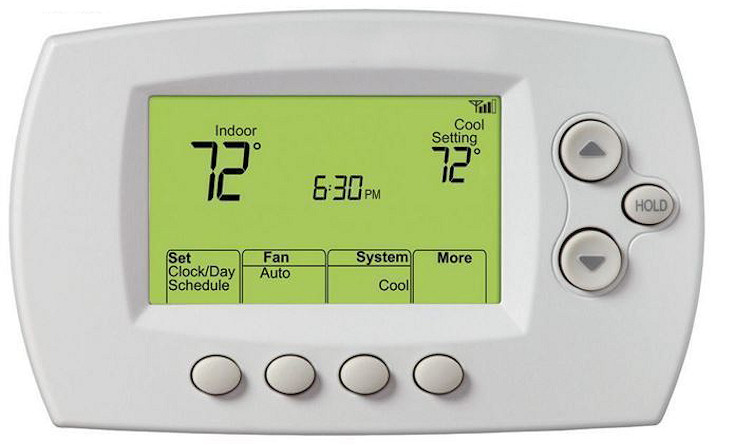
Whilst the initial cost may seem rather high for these thermostats, most people will recover the cost within a year in saved energy bills.
Set your thermostat a degree (or two) higher
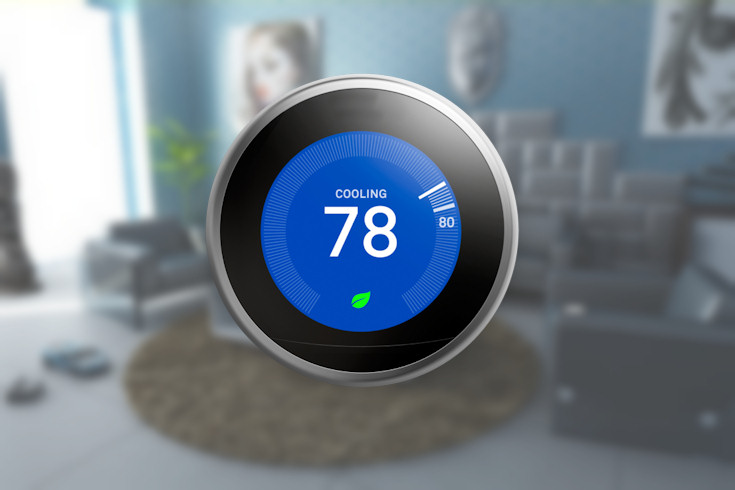
For every degree you raise your thermostat above 78 degrees you can save up to 8 percent on your energy bill. The closer you can get your temperature to 80 degrees while you are home, without being uncomfortable, the more you’ll save on your energy bill. Something else worth thinking about is the greater the difference in temperature between the inside and outside of your home, the harder your AC will have to work to maintain that difference.
For the tech-savvy, consider purchasing a thermostat that can be controlled from your web browser or smart phone. That way, you can control your air conditioning (and heating in the winter) from wherever you are.
Use fans
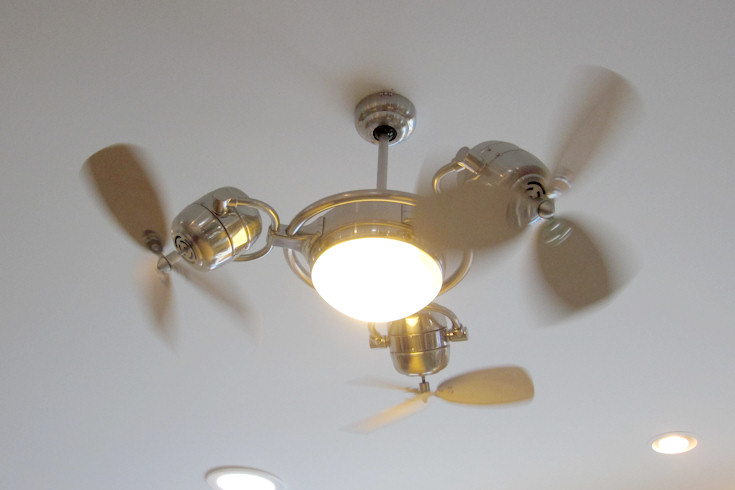
Moving air makes a big difference. It can reduce the temperature in a room by up to 8 degrees. The cost of running a fan is a fraction of the cost of running an air conditioning system.
Install a ceiling fan or use a portable fan to increase air circulation and to cool your room down in a low-energy way. If you still need the air conditioning on then use it at a slightly higher temperature, with the fan on.
Close curtains and blinds
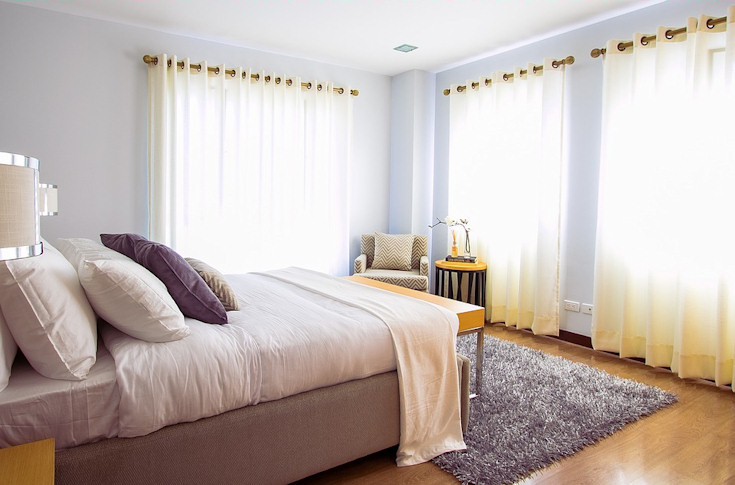
Sunshine is wonderful stuff, but it’s your enemy when you want to stay cool. Keep your curtains closed, especially on windows that get direct sunlight. Direct sunlight will generally raise room temperature by up to 20 degrees. The Department of Energy reports that smart management of window coverings can reduce heat gain by up to 77 percent.
Turn off lights
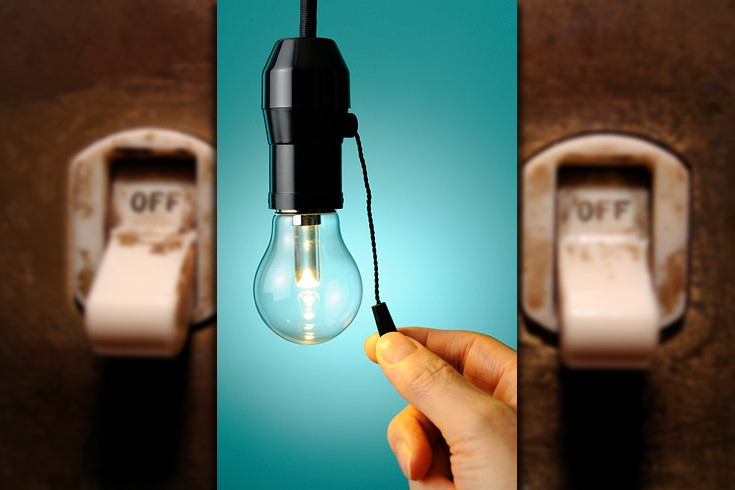
Turning lights off will keep a room cooler. Up to 90% of the energy used by the bulb is given off as heat. This is heat that you’ll need to pay to cool down. This figure does vary depending the type of lighting you have installed, with LED giving off the least amount of heat. If you’re leaving a room for more than 5 minutes turn the lights off.
Power down heat generating electronics
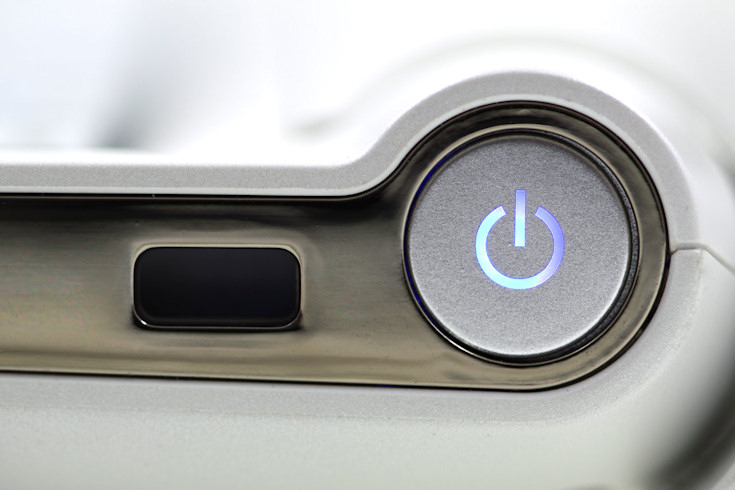
Your TV and computers may be energy efficient but they can still generate a lot of heat. As with lights, you will have to pay to cool down the heat generated.
If you are leaving a room for more than a few minutes turn your TV off. In the same way, if you can, turn your computer off, or at the least set the screen saver to put it into standby mode.
Open Windows Strategically
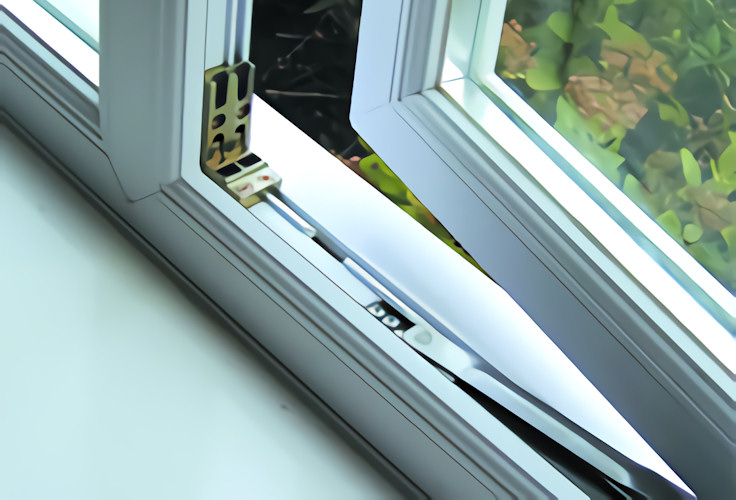
If the temperature outsite is cooler than inside open a few windows to let the hot air escape. But don’t just throw them all wide open. Be strategic to get the best heat reduction. Take advantage of the fact that hot air rises, and create a natural draft by opening downstairs windows on the shady side of the house, and upstairs windows on the hot side of the house. Increase this natural flow by putting a fan in the upstairs window to extract the heat out. Experiment with how wide you open the windows; usually it takes only a few inches downstairs.
Insulate Your House
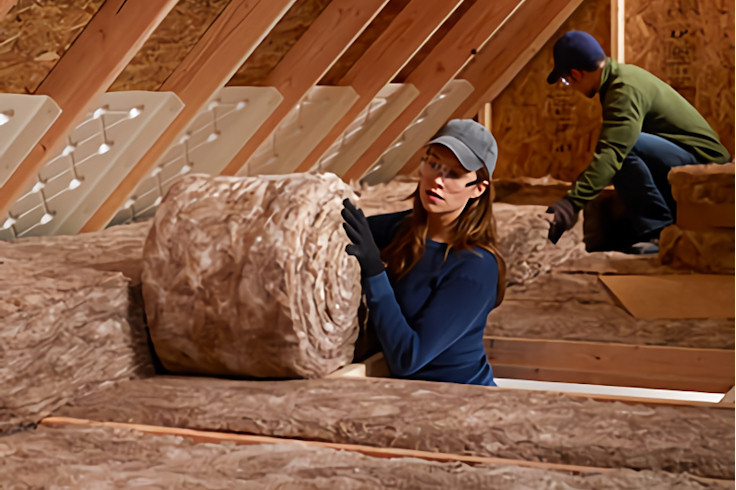
Home insulation isn’t just for keeping the cold out, it’s also for keeping the cold in! The fewer air leaks and the more insulation you have, the easier it will be to keep your house cool in the summer (and warm in the winter).
Keep your air conditioning system maintained

- Have your AC unit serviced each year.
- Have your ducts cleaned regularly to ensure there are no blockages or leaks decreasing the overall efficiency of your system.
- Clean or replace your filters of every month. Dirty filters will significantly decrease air flow and AC efficiency. Consider purchasing permanent filters which you can wash and reuse.
- Make sure nothing is obstructing the condenser. It dissipates heat by sucking in air on the sides; if it can’t do that, it won’t operate efficiently.
Use a DIY air conditioner
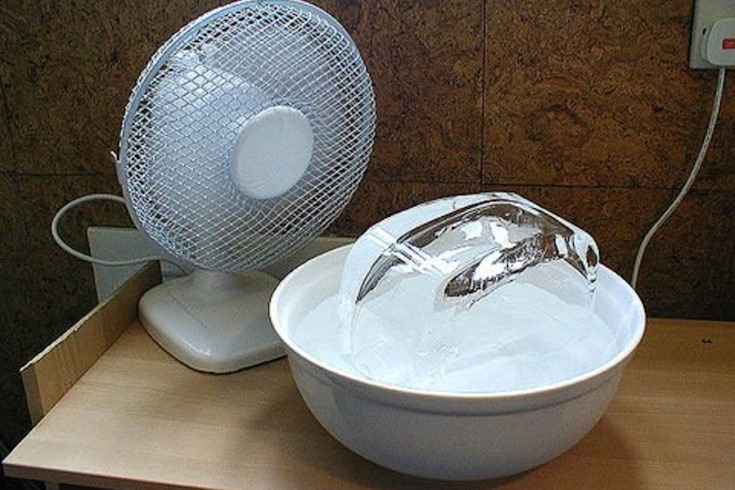
For smaller homes and apartments turn off the air conditioning altogether and use a much cheaper alternative, a DIY air conditioner. The easiest way is to place a bowl of ice in front of a fan and angle it to blow onto the ice. Once the ice has melted the cool water left behind will continue to cool the room, albeit at a reduced rate.
Set this up in two/three rooms to cool down larger areas.
Stay cool at home
References:
- https://savingsangel.com/ten-tips-to-reduce-your-electricity-bill-and-stay-cool-this-summer/
- https://www.airnheat.com/tips-tricks/2015/10/28/whats-should-you-set-your-thermostat-to-between-seasons
- http://www.consumerreports.org/cro/news/2013/07/how-to-use-your-shades-blinds-and-curtains-to-beat-the-heat/index.htm
- https://energy.gov/energysaver/when-turn-your-lights
- https://www.rodalesorganiclife.com/home/how-keep-your-house-cool-without-ac








